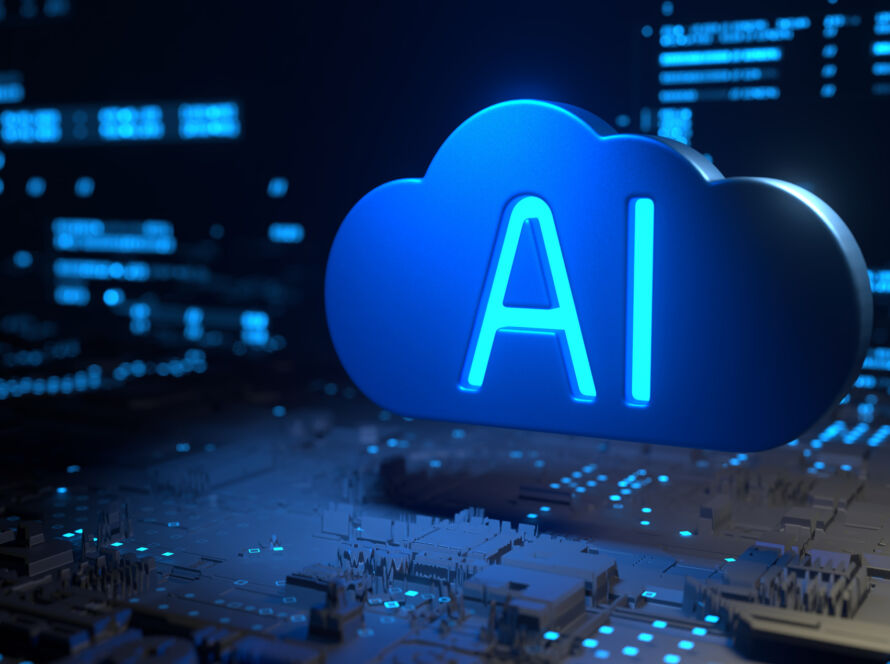The field of medical affairs is poised for a groundbreaking transformation, as the power of artificial intelligence (AI) begins to revolutionize healthcare. AI has already made significant strides in various industries, and now it’s set to redefine the future of medical affairs. With its ability to analyze vast amounts of data and make accurate predictions, AI holds the key to achieving unprecedented success in medical research, patient care, and overall healthcare outcomes. In this article, we will explore how the rise of AI in medical affairs is shaping the future and how embracing this technology can lead to remarkable advancements in the field.
The Rise of AI in Medical Affairs: Revolutionizing Healthcare
AI is rapidly becoming an integral part of medical affairs, offering immense potential to revolutionize healthcare as we know it. One of the primary areas where AI is making a significant impact is in medical research. With its ability to analyze extensive datasets and identify patterns in seconds or minutes, AI algorithms are helping researchers uncover breakthrough insights that were previously inaccessible. This not only accelerates the pace of medical discoveries but also enables researchers to explore potential treatments, interventions, and preventive measures with greater precision and accuracy.
Furthermore, AI is aiding healthcare providers in enhancing patient care. By analyzing patient data, including electronic health records, medical imaging, and genetic information, AI algorithms can assist in diagnosing diseases, predicting treatment outcomes, and even identifying personalized treatment plans. This not only empowers physicians to make more informed decisions but also improves patient outcomes and reduces the potential for medical errors. AI can also automate routine administrative tasks, freeing up healthcare professionals’ time, allowing them to focus on providing quality care to their patients.
Transforming Medical Affairs with AI: A Gateway to Achieving Unprecedented Success
The integration of AI into medical affairs has the potential to transform the field in ways that were previously unimaginable. AI-powered platforms can provide real-time insights, enabling medical affairs teams to make data-driven decisions and devise strategies that maximize patient safety and improve healthcare outcomes. These platforms can aggregate and analyze various data sources, such as clinical trial data, medical literature, and adverse event reports, to identify potential risks, optimize trial design, and monitor the safety and efficacy of medicines.
AI can also streamline the communication between medical affairs teams and healthcare professionals. Chatbots powered by AI can provide accurate and timely information to healthcare professionals regarding drug interactions, side effects, and treatment guidelines, thereby facilitating quick and effective decision-making. In addition, AI can analyze the vast amount of scientific literature available, helping medical affairs professionals stay updated on the latest advancements in their respective fields and enabling them to provide evidence-based recommendations.
The future of medical affairs lies in embracing AI and leveraging its potential to revolutionize healthcare. By harnessing the power of AI, medical researchers, healthcare providers, and medical affairs professionals can achieve unprecedented success in terms of medical discoveries, patient care, and overall healthcare outcomes. However, it’s essential to strike a balance between the human touch and AI capabilities, as healthcare remains a profoundly personal and empathetic profession. By integrating AI into medical affairs, we can unlock a world of possibilities and pave the way for a future where healthcare is smarter, more efficient, and ultimately, more effective.


